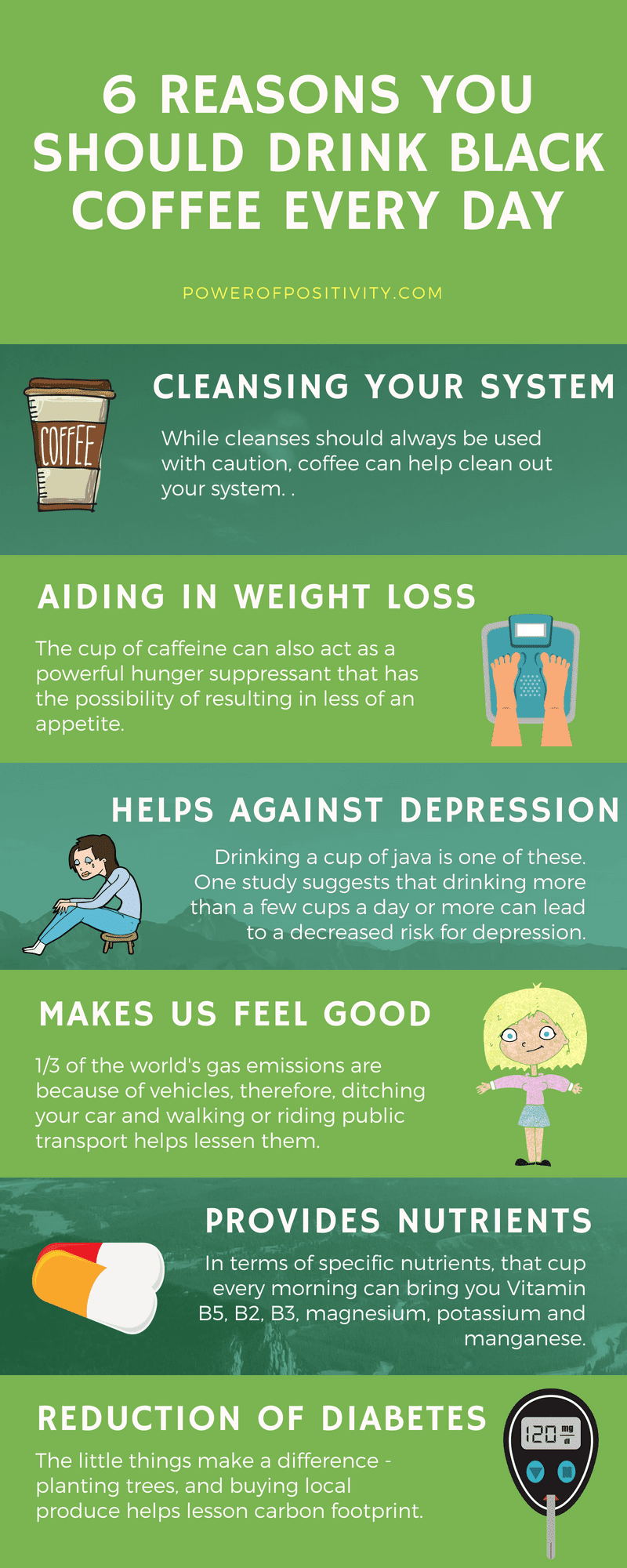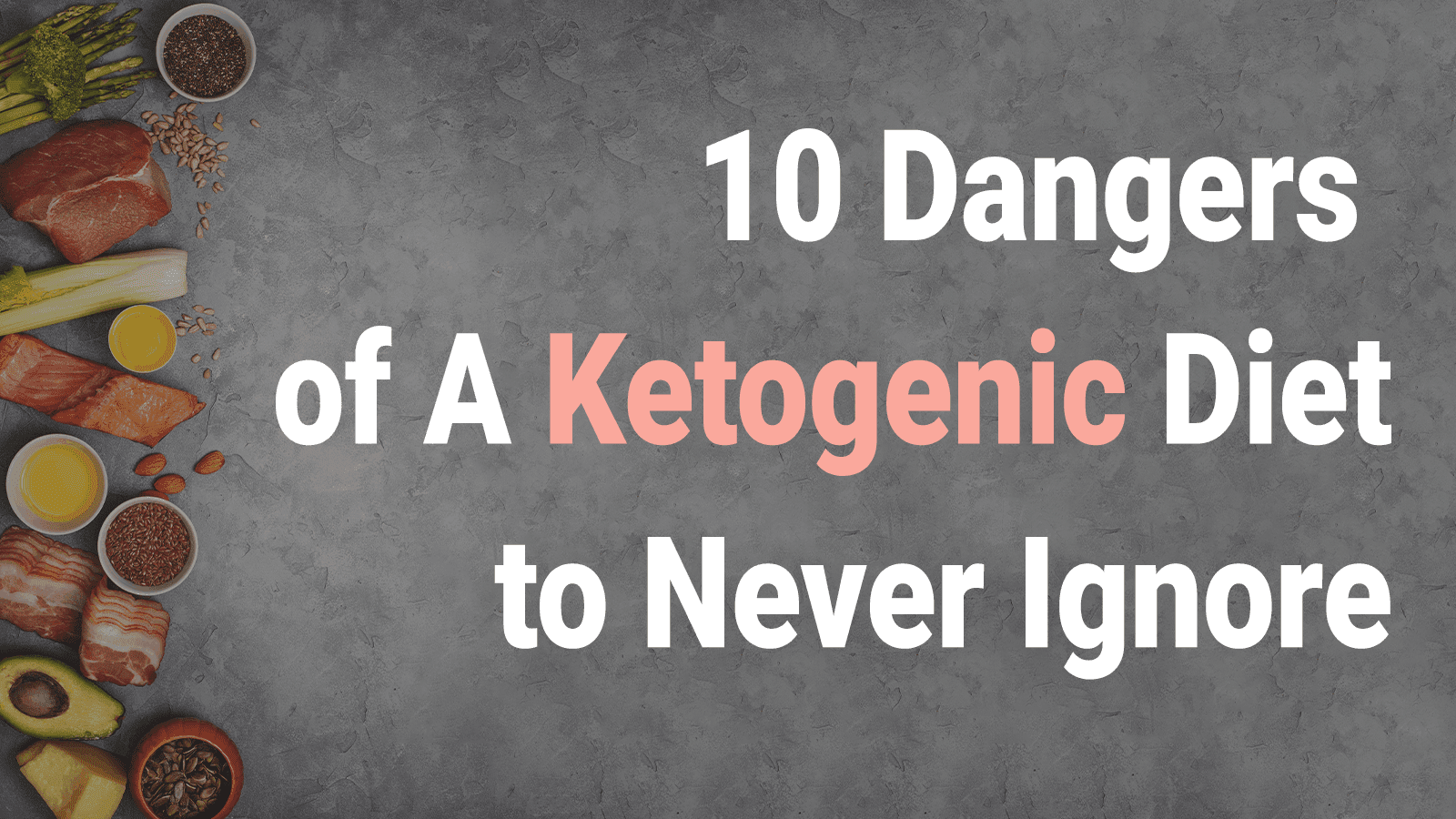If you’re like thousands of Americans, you dread any lifestyle or diet that dares to take away your caffeine. In nearly every food-based lifestyle, mixed opinions arise on caffeine consumption—keto included. Weeding through study data and deciphering medical and scientific jargon can be a headache-inducing, especially when you’re all looking for a simple and definitive answer.
Can you have caffeine while on keto? Yes, you can, but there are ways to maximize nutrition and positive benefits to work with your keto lifestyle.
Benefits of Caffeine
Caffeine consumption can benefit your health. It’s a mood enhancer, reduces depression, and it might offer protection against Alzheimer’s and Parkinson’s disease.
Other benefits can include:
Liver protection
Longevity
Cancer risk reduction
Skin protection
MS risk reduction
Prevents gout
Promotes a healthy gut
Coffee and Keto
Adding coffee for weight loss to your daily diet might help you achieve your goals quicker. For instance, caffeine can increase your metabolism by up to 11% and your fat burning potential by up to 13%. This translates into your ability to burn about 79 extra calories per day.
Caffeine also promotes using fat as fuel, which is part of the science behind a keto diet. The glucose stored in your muscles can also last longer, which delays muscle fatigue and exhaustion. Coffee, specifically, works as an appetite suppressant and can be useful as an in-between meal beverage or added to meals/keto-approved snacks.
Keto-Friendly Brews
Taking it black is certainly keto friendly, but let’s face it, only a handful of people can palate it. You can safely add up to two tablespoons of heavy cream and a keto-approved sweetener without compounding your carb count. Restaurants vary on what they have on hand. Don’t hesitate to ask questions. This beverage is easy to order while you’re on the go or make at home too.
Optimizing Your Coffee Intake for Weight Loss
Consuming coffee for weight loss at home is easy. Dave Asprey created the original bulletproof recipe because, after reading studies, he believed the production and nutrition were important to maximize the health benefits of coffee.
His recipe uses Medium Chain Triglycerides (MCT). What are MCTs? They’re medium chain fatty acids that provide you with energy, satiate hunger, and aids in burning excess calories and digestion. You’ll find them in coconut oil and animal milk. They also have a laxative effect, so if you’ve never used them before, slowly introduce them into your diet.
Bulletproof Coffee (BPC) Recipe—Net Carbs 0.1g
- One cup coffee, freshly brewed
- 1 tbsp. grass-fed butter, unsalted
- 1 tbsp. virgin coconut oil or MCT oil of choice
Place all ingredients in a heatproof jar (for immersion method) or blender and blend until well combined and frothy.
Bulletproof Substitutions
If you can’t tolerate dairy, you can substitute all coconut oil or use virgin coconut butter. You will benefit from MCTs, but it might not be as frothy as using butter.
You can choose a natural caffeine-free variety, such as hickory. Matcha and chai recipes do well with the bulletproof method for those who prefer tea or want a change. The bulletproof method also works in smoothies, shakes, dressings, and keto-friendly ice cream recipes.
Caffeine Concerns
Caffeine isn’t for everyone. Some people will metabolize caffeine more slowly, have a sensitivity, or they experience adverse side effects. Others might be on medications that don’t mix well with caffeine. You can also consume too much caffeine and negate the health benefits according to research.
How much is too much? The opinion varies, but any consumption beyond 400mg is excessive. This equals about four cups a day.
Common Caffeine Beverage Contents in 8oz a serving:
Brewed Tea—40-120mg
Coffee—102-200mg
Yerba mate—65-130mg
Decaf coffee—3-12mg
Cocoa—2-7mg
Espresso—240-720mg
You can enjoy your caffeine on keto, but you’ll have to be careful with carb counts in additives, such as sweeteners and milk. Adding bulletproof methods to your daily caffeine consumption can increase its natural benefits while optimizing your nutrient absorption and keeping you satiated. Don’t give up something you enjoy that’s not only good for you, but also good for your keto lifestyle.




















